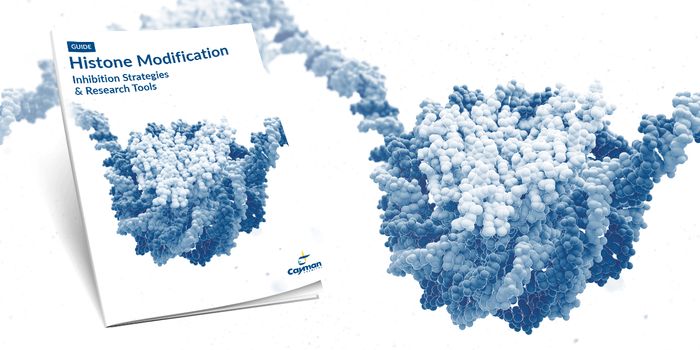Easily Identifying Pregnancies at Risk for Premature Birth
Premature birth affects almost ten percent of pregnancies and is the leading cause of infant mortality in the United States; it is also a major contributor to the deaths of children worldwide. Now researchers have created an inexpensive and simple test that can detect whether a pregnancy will end with premature birth, with around 80 percent accuracy. The work has been reported in Science and is outlined by the researchers in the video.
The test assesses the levels of molecules called RNA, which act as intermediaries between the messages in DNA and the proteins they encode. Because RNA is transcribed when genes are turned on, the test measures the activity of certain genes in the fetus, the placenta, and in the mother.
“We found that a handful of genes are very highly predictive of which women are at risk for preterm delivery,” said co-senior author Mads Melbye, visiting professor of medicine at Stanford. “I’ve spent a lot of time over the years working to understand preterm delivery. This is the first real, significant scientific progress on this problem in a long time.”
The researchers used healthy participants to create their test. A group of 31 Danish women donated blood every week throughout their pregnancies, and with 21 of those blood samples, the researchers found nine RNA molecules that could predict gestational age. The scientists then double-checked their results against the remaining women in the group, which validated their findings. The gestational age estimates were about 45 percent accurate, roughly the rate of an ultrasound.
“This gives a super-high resolution view of pregnancy and human development that no one’s ever seen before,” said co-lead author Thuy Ngo, Ph.D., a postdoctoral researcher at Stanford. “It tells us a lot about human development in normal pregnancy.”
"This exciting, cutting-edge research demonstrates why March of Dimes is investing in new ways to improve the health of moms and babies, especially to address the crisis of premature birth in this country and worldwide," says Stacey D. Stewart, president of March of Dimes. "To date, no test on the market can reliably predict which pregnant moms will go on to preterm labor. March of Dimes is committed to finding new solutions and to giving all babies the best possible start in life."
This non-invasive test is not only seen as a boon to pregnant women; it may also help inform research studies.
The principal investigator of the March of Dimes Prematurity Research Center at Stanford University, David K. Stevenson, M.D., said that the work affirms the "transcriptomic clock of pregnancy" that might reliably indicate a fetus' age. "By measuring cell-free RNA in the circulation of the mother, we can observe changing patterns of gene activity that happen normally during pregnancy, and identify disruptions in the patterns that may signal to doctors that unhealthy circumstances like preterm labor and birth are likely to occur," Dr. Stevenson said. "With further study, we might be able to identify specific genes and gene pathways that could reveal some of the underlying causes of preterm birth, and suggest potential targets for interventions to prevent it."
These tests will require additional validation before they are put to wide use. The research leader, Dr. Stephen Quake, created a test for Down Syndrome in 2008 that is now in use by millions of women, so it is likely that this test will see use in the clinic.
Sources: AAAS/Eurekalert! Via March of Dimes Foundation, Stanford University, Science









